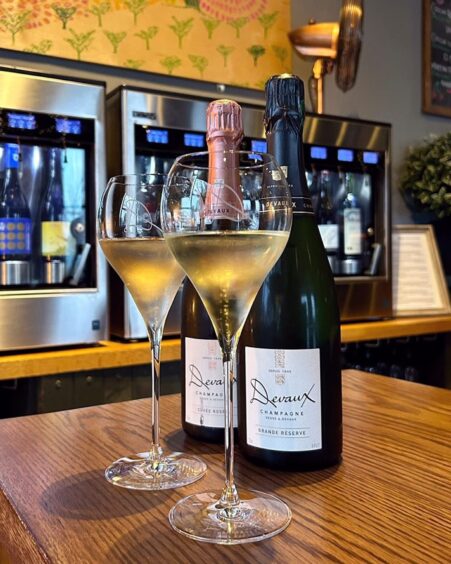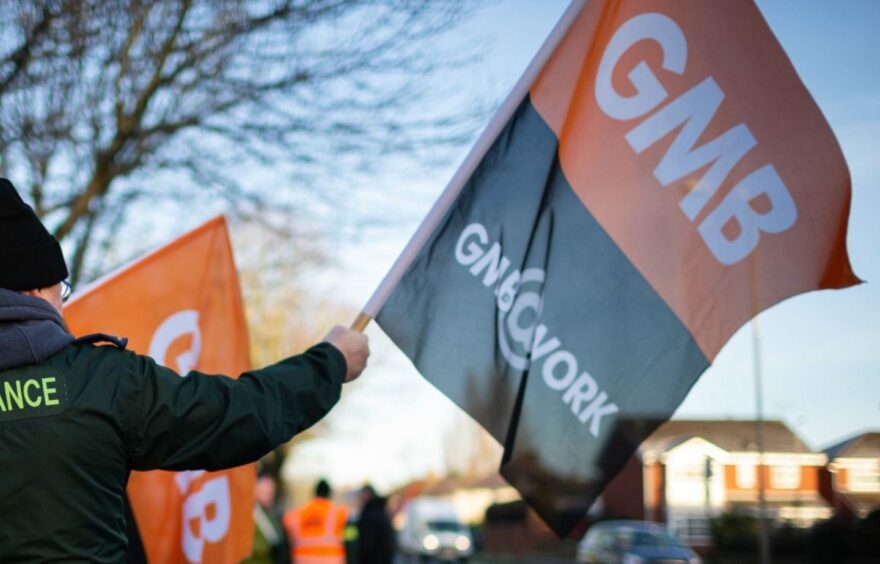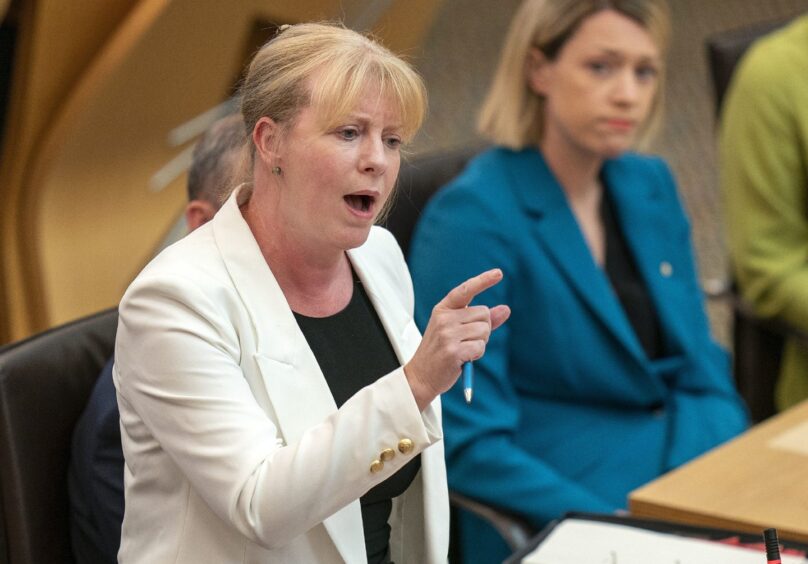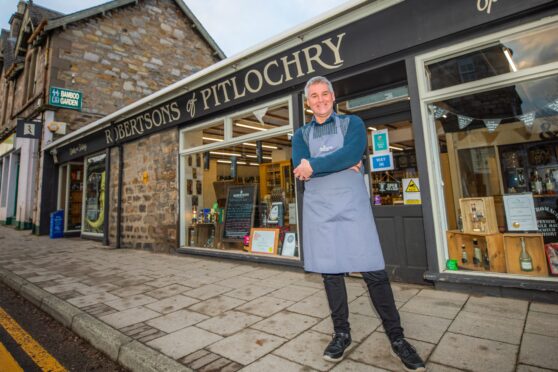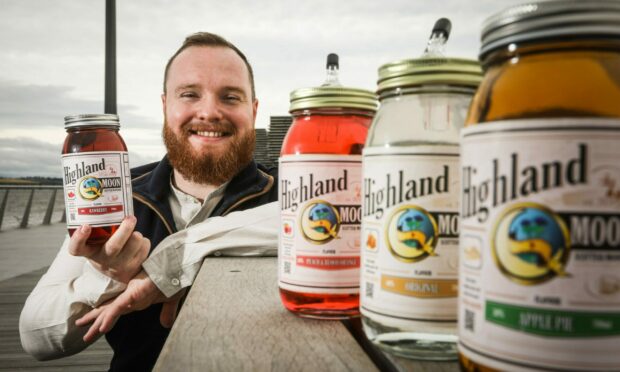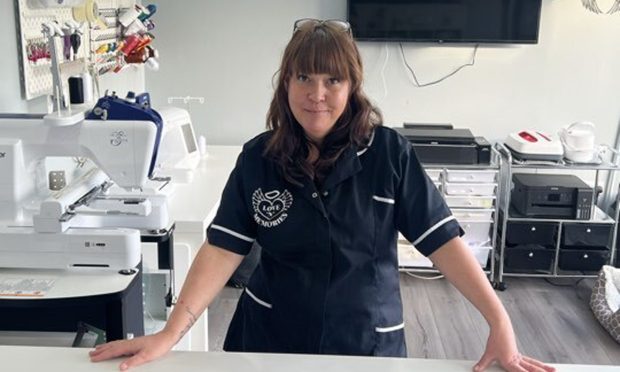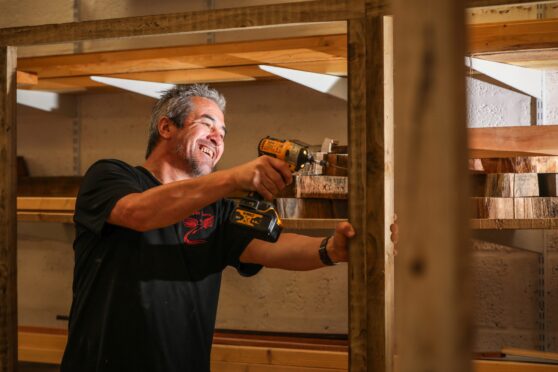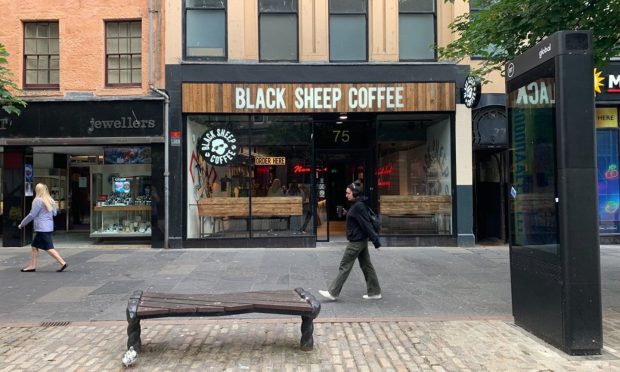The cost-of-living crisis will have a much larger impact on the local drinks industry than the minimum unit pricing (MUP) increase, Tayside and Fife business leaders have said.
A rise of 15p-per-unit to 65p will be instigated by the Scottish Government, on a policy which first introduced in 2018.
Critics claim there is no “reliable” data the legislation is working, with the GMB Union warning it “undermines” the country’s drinks industry.
But business owners in the alcohol industry have said it could help “change the palate” of Scotland’s consumption habits, and help a beleaguered pub trade.
Once passed, the MUP will make a litre bottle of 40% whisky at least £26 and a 700ml bottle more than £18.20.
Wine would cost around £5 a bottle minimum and a 330ml bottle of beer £1.10.
Alcohol deaths in Scotland rose last year to 1,276.
Change to Scot’s drinks palate
Patrick Rohde owns Aitken’s shop and the Wine Press bar in Dundee.
He says a change is needed to Scotland’s drinking habit, and MUP is here to stay.
Asked if the measures could change the palate of Scotland’s drink-culture, he said: “There is a habit in Scotland. Low quality, high-volume drinks are a problem, it has the biggest impact on our NHS.
“I’m not trying to sound self-righteous, but it is universally recognised Scotland has a problem with alcohol.
“And the biggest problem is binge drinking and that is not something we would promote.
“Minimum Unit Pricing is necessary in Scotland, it should reduce the high-volume, cheap-price habit.
“We are constantly striving for our customers to drink less, buy better, which would be our strapline.
“I feel for shopkeepers who might feel this will do some damage, but I don’t think we will be impacted.
“When MUP was introduced in 2018, it did not have a huge impact on business.
“I can’t think of an alternative way forward, I think minimum unit pricing is here to stay.”
What is hammering on and off-sales companies more, Patrick added, was the continuing cost-of-living crisis.
“It is really unfortunate we are having a cost-of-living crisis at the same time.
“That is having much more of an impact on business, much more than the minimum unit pricing will.
“Increased utilities are what’s killing us, they are unsustainable, both for the bar and the shop.
“It is a disgrace what we are being hit by, on top of fairly chunky rates and significant labour cost increases. It is the perfect storm.
“The MUP is not the biggest concern to business right now.”
Hopes for better on-sales
And Colin Drysdale, of Allson Wholesale in Glenrothes, Fife, said he was “cautiously” optimistic an increase in MUP could benefit the pub trade.
He said: “At Allsons we are on-trade wholesalers supplying the hospitality sector including pubs, clubs and hotels.
“The MUP really only affects the off-trade, like take home, shops and convenience stores.
“Our view is that perhaps by lifting the price for take home, it will hopefully close the gap between take home pricing and consumption on the premise.
“Therefore, perhaps, benefiting the hospitality sector and hopefully making things a little easier for our hospitality customers.
“I’m cautious with my assumptions here, but genuinely hopeful it will be a benefit.”
But union claim policy is ‘reckless’
David Hume, GMB Scotland organiser in the drinks industry, said: “The case for continuing with MUP never mind increasing it gets weaker with every piece of research published.
“Ministers must be guided by reliable research and data not wishful thinking and good intentions.
“The potential consequences of this policy are too damaging for it to be justified with anecdote, hunches and hope.
“Five years ago, we were told this policy would help save lives of problem drinkers.
“Now we are told it is about curbing the intake of moderate drinkers but there is no substantive evidence to suggest it does either.
“The health benefits of this policy remain theoretical at best but the risk of undermining one of Scotland’s most successful industries threatening investment and jobs could not be more real.
“It is reckless to consider extending this policy and increasing MUP when there is no substantive evidence that it does any good.”
Scottish Government say policy saves lives
Deputy First Minister Shona Robison said: “Research commended by internationally-renowned public health experts estimated that our world-leading Minimum Unit Pricing (MUP) policy has saved hundreds of lives, likely averted hundreds of alcohol-attributable hospital admissions and contributed to reducing health inequalities.
“Despite this progress, deaths caused specifically by alcohol rose last year – and my sympathy goes out to all those who have lost a loved one.
“We believe the proposals, which are supported by Scotland’s Chief Medical Officer, strike a reasonable balance between public health benefits and any effects on the alcoholic drinks market and impact on consumers.
“Evidence suggests there has not been a significant impact on business and industry as a whole.
“Alongside MUP, we will continue to invest in treatment and a wide range of other measures, including funding for Alcohol and Drug Partnerships which rose to £112 million in 2023-24.”


